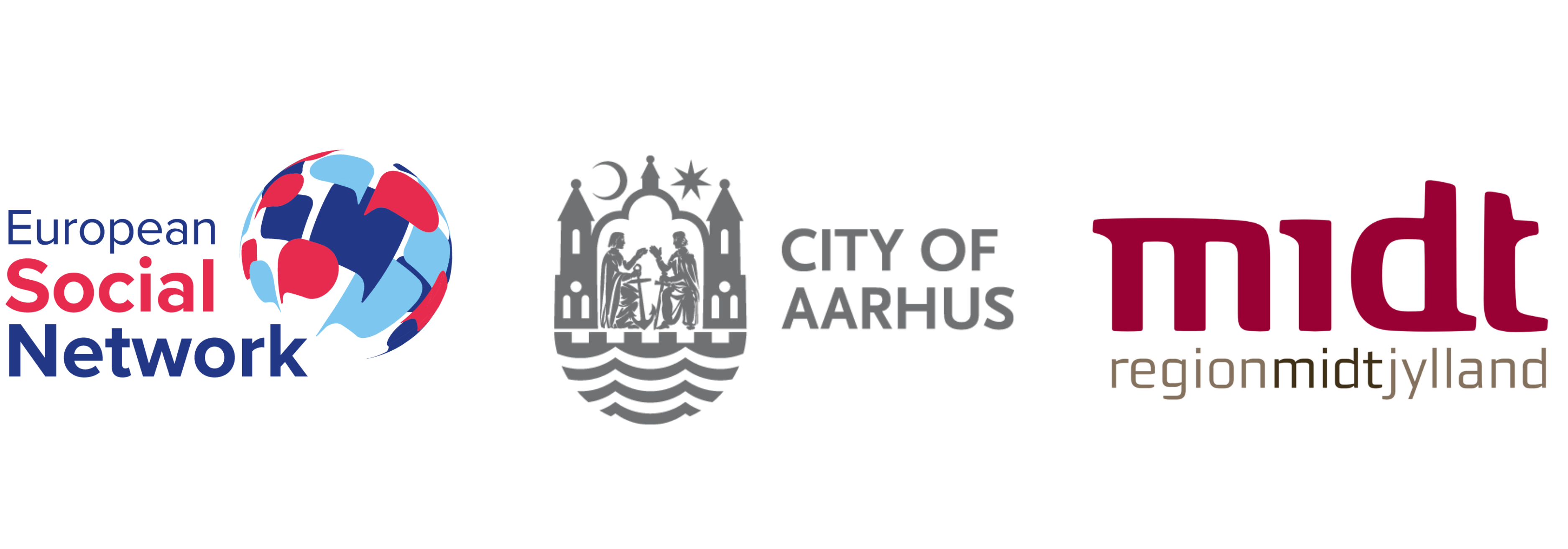Making Co-production Happen
These parallel sessions highlight projects and practices that promote different elements of co-production.
Session Types:
Workshop Session: This will take the form of an interactive meeting or educational session designed to create a specialised result, for example a guidance or learning that participants can use afterwards. It will include some form of training and/or group work.
Thematic Panel Discussion: During these sessions, 3-4 organisations present a project on a similar topic related to the conference theme during a moderated panel discussion. Delegates are invited to ask questions at the end of the session.
Making Co-production Happen: 26 JUNE 14:30 - 15:45
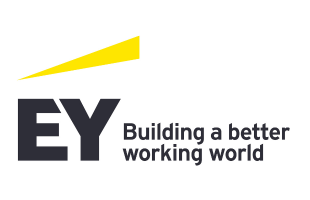
The political responsibility for social policies is almost always divided between local, regional and national authorities and requires cooperation across them. In this interactive workshop, EY will facilitate a group discussion to discuss the key challenges and success factors experienced when creating policies and cooperative projects to support older people and people with disabilities as well as social and employment policies. The workshop will focus specifically on major transformation projects that need a strengthened exchange of information, data and processes between public authorities.

In the context of labour shortages, more and more governments and public employment agencies around the world are looking to activate populations that are not in the labour market. More investment is being directed to activating populations with barriers to employment. More emphasis is being placed on meeting the specific needs of populations, versus catch-all supports and services that are intended to meet the needs of the regular jobseeker.
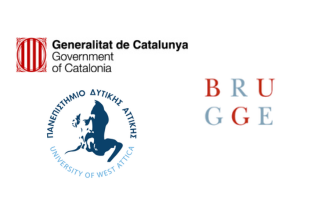
Neighbourhood and community approaches include a range of strategies aimed at supporting individuals and families within their local communities. These initiatives leverage local resources and social networks to address challenges linked, for instance to socio-economic difficulties and social isolation.
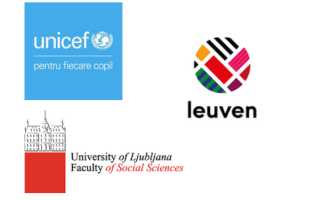
Co-creating family and children’s support requires collaborative efforts among various agencies together with families themselves to address their needs, particularly the needs of families in vulnerable situations. This approach emphasises inclusion, equity, and active participation, aiming to build strong support networks and holistic solutions tailored to the diverse contexts of these families.
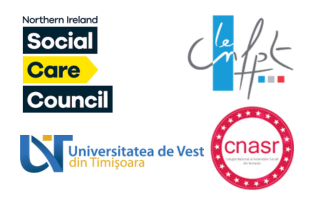
The social services workforce is a fundamental part of social protection systems across the EU and plays a key role in improving people’s lives. The demand for social services, support, and protection is rapidly increasing across Europe and beyond. This increase in demand places significant pressure on public social services and the workforce they employ, whilst also facing budget constraints, recruitment, and retention issues.
